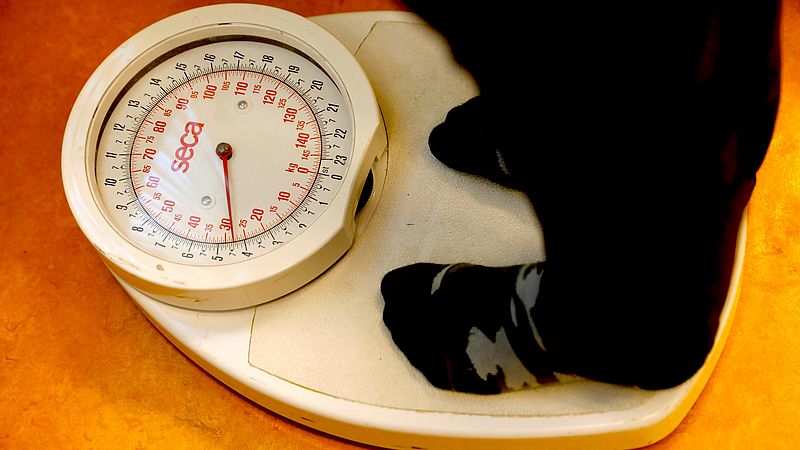Not everyone knows that men can also develop an eating disorder. And that is why it is not always recognized by everyone. “When it comes to an eating disorder, I think many men are underdiagnosed,” says therapist Teun Remij.
In the Netherlands, around 200,000 people suffer from an eating disorder. There are no exact figures for the proportion of men, but it is estimated to be around 5 to 10 percent. Friso (23) was one of them. “When I look back at the photos from when I was about 16, 17, he’s very skinny. I shouldn’t be like that.”
The disease is not always recognized
During the coronavirus crisis, Friso went to live alone and found he needed help. Together with his mother, he went to the general practitioner, and was referred to a specialized eating disorder clinic.
But the disease is not recognized in everyone. “When it comes to eating disorders, I think many men are underdiagnosed. I dare say there are more men with an eating disorder that we can’t reach now,” says Human Concern therapist Teun Remij.
see also
‘women’s disease’
Psychologist Bernou Melisse van Novarum also sees that women are often seen in the context of an eating disorder: “The reason eating disorders remain underexposed in men is that they are often stigmatized as a female disease. It is not good to suffer from illness. Men speak there. Less quickly. “
And in men it is not always clearly visible on the outside. “If a man is striving to have a perfect body in his eyes, he often trains a lot and we think ‘so, he’s doing well’. While for women the alarm bells ring much faster because they see they are too thin. become, “Melisse explains.
“Sometimes they go around for 50 years”
Melisse only cares for adults in Novarum and sees that many men are only discovered in old age that they have an eating disorder. “Sometimes they live with an eating disorder for 40 or 50 years without it being treated.”
Going on too long with an eating disorder can make symptoms worse. “It can lead to persistent eating disorder, but also loneliness, sadness and social isolation,” says Remij. “I think the taboo is actually bigger than the eating disorder.”
“Now I can be myself again”
As for Melisse, it is therefore important to pay more attention to eating disorders among men. “An eating disorder does not discriminate, it does not choose between gender”.
Friso has now had his last treatment and is happy with what he is now. “The image I had of myself was that I wasn’t worth much. Now I can be myself again.”


